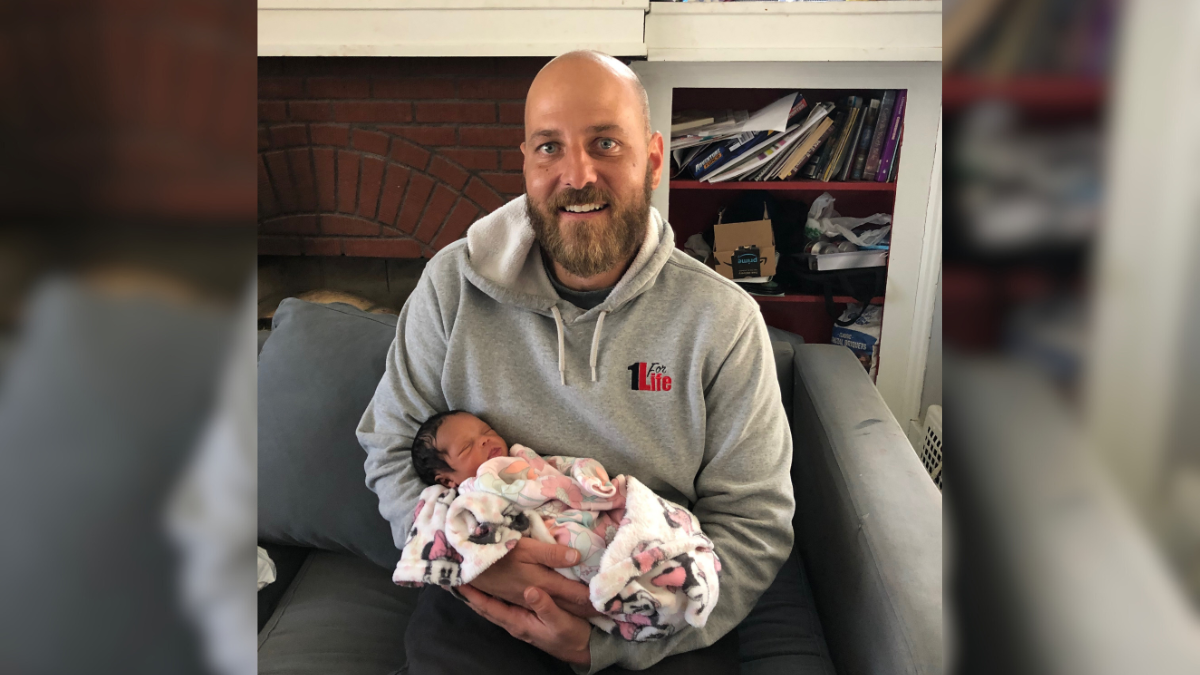Missouri AG: Second Amendment case may strengthen states’ rights
Missouri Attorney General Sees Potential for State Sovereignty in Gun Rights Case
In an exclusive interview with the Washington Examiner, Missouri Attorney General Andrew Bailey discussed the impact of a Biden administration challenge to a gun rights law in his state. Bailey believes that this case has the potential to breathe new life into the 10th Amendment rights reserved for state governments and the people.
The law in question, known as the Second Amendment Preservation Act, not only protects the right to bear arms but also codifies the anti-commandeering doctrine from the 10th Amendment. This doctrine prevents the federal government from using state law enforcement to enforce unconstitutional statutes and rules.
Under the Missouri law, officers are prohibited from enforcing federal gun laws that conflict with state statutes, with a $50,000 fine for those who knowingly do so.
Bailey believes that if the case reaches the U.S. Supreme Court and receives a favorable ruling, it could increase state authority and reshape precedent on 10th Amendment jurisprudence. He sees this as the “perfect vehicle” for states to codify the anti-commandeering doctrine.
The Biden administration challenged the Missouri law, claiming it violated the supremacy clause of the U.S. Constitution. Bailey strongly disagrees, stating that the Constitution was intended to protect the people from the government and that states are guarantors of individual liberties.
Last year, a U.S. District Judge invalidated the Missouri statute, citing the supremacy clause. Bailey requested an emergency review from the Supreme Court, but it was declined, leading the case to the 8th Circuit.
For Bailey, the root issue is the authority of states to enact their own laws without federal approval and whether the federal government can nullify state laws it dislikes.
Before the Second Amendment and 10th Amendment issues can be resolved, the Department of Justice’s standing to sue must be decided. Bailey challenges the department’s standing, arguing that there is no injury that gives it the basis to file a lawsuit.
The judges in the case focused on the standing issues surrounding the Department of Justice’s challenge, indicating skepticism of its authority to sue.
If Missouri receives an unfavorable ruling, Bailey is prepared to appeal the case to uphold the rights protected in the state constitution.
What are the arguments made by critics of the Second Amendment Preservation Act and its potential impact on federal authority?
Rights of Missouri residents to keep and bear arms, but also prohibits state and local law enforcement agencies from cooperating with federal officials in the enforcement of certain gun control measures. This law has been met with controversy and scrutiny, as critics argue that it undermines federal authority and could potentially lead to a breakdown in the enforcement of federal laws.
However, Attorney General Bailey sees the case as an opportunity to uphold the principles of state sovereignty and assert the rights of Missouri citizens. He argues that the Second Amendment Preservation Act is consistent with the intent of the Constitution and the 10th Amendment, which reserves powers not explicitly granted to the federal government to the states or to the people. Bailey asserts that the law is a legitimate exercise of Missouri’s authority to protect the rights of its residents and maintain control over law enforcement within its borders.
Bailey acknowledges that this case presents a challenge to the balance of power between the federal government and the states. However, he argues that the Founding Fathers intended for the states to have a significant role in the governance of the nation, and that their powers should not be easily dismissed or undermined by a strong federal government. He believes that the case could provide an opportunity for the Supreme Court to clarify and reaffirm the importance of state sovereignty in the face of federal encroachment.
Bailey also emphasizes the practical implications of the case. He asserts that the ability of state and local law enforcement agencies to decide which federal laws to enforce is essential to ensure the effective use of resources and prioritize public safety concerns. He argues that the federal government should not be able to dictate the priorities and actions of state and local law enforcement, as they are best positioned to understand the needs and concerns of their communities.
Furthermore, Attorney General Bailey contends that this case has broader implications beyond just gun rights. He argues that it touches on fundamental questions about the proper balance of power between the federal government and the states in a constitutional republic. He believes that a victory for Missouri in this case would reaffirm the importance of state sovereignty and serve as a check on the expansion of federal authority.
As the legal battle unfolds, it remains to be seen how the courts will interpret the Second Amendment Preservation Act and its implications for state sovereignty. Nevertheless, Attorney General Bailey remains hopeful and committed to defending the rights of Missouri residents. He believes that this case could have a significant impact on the future of state and federal relations and is eager to argue Missouri’s case before the Supreme Court if necessary.
In conclusion, Missouri Attorney General Andrew Bailey sees the potential for state sovereignty in the ongoing gun rights case. He believes that the Second Amendment Preservation Act is consistent with the principles of the Constitution and that a victory for Missouri in this case would reaffirm the importance of state sovereignty. Bailey hopes that this case will provide an opportunity for the Supreme Court to clarify and strengthen the rights of the states in the face of federal encroachment. Only time will tell the ultimate outcome of this case and its impact on the balance of power between the federal government and the states.
" Conservative News Daily does not always share or support the views and opinions expressed here; they are just those of the writer."





Now loading...